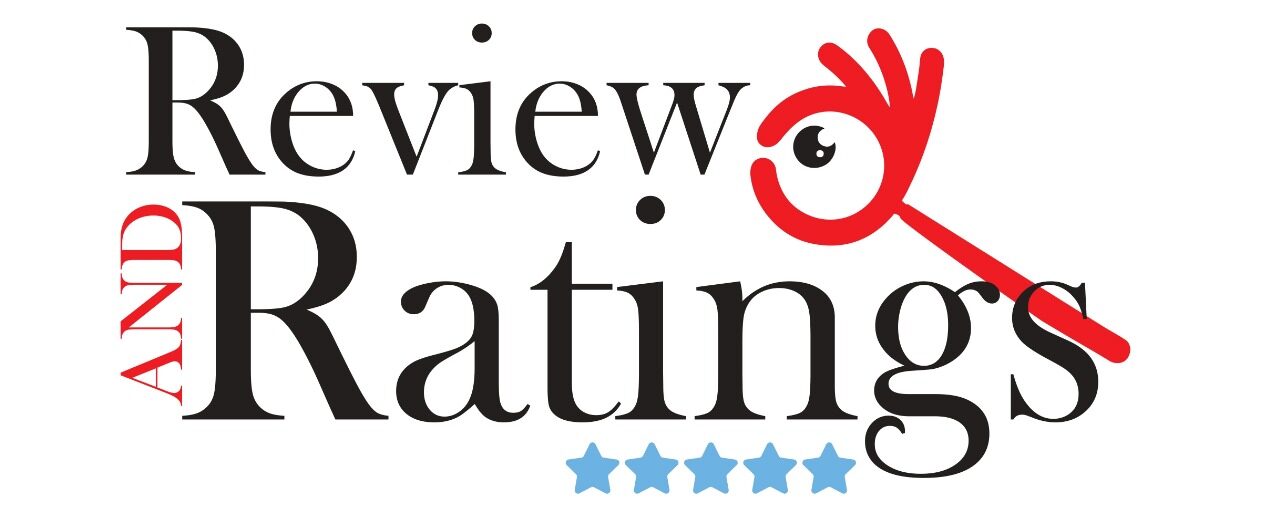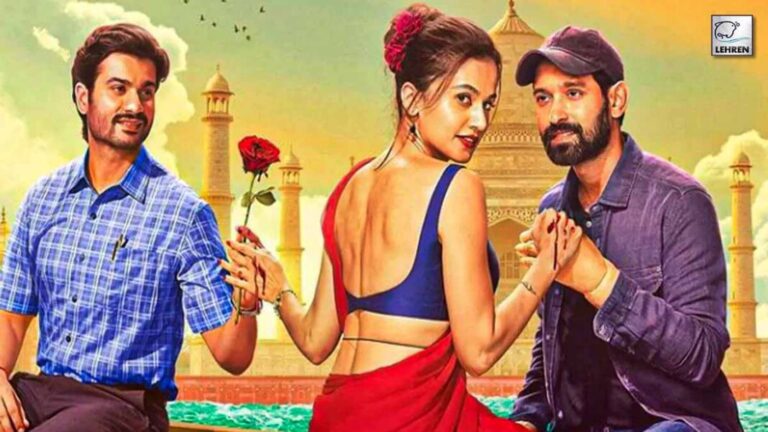It Ends with Us Movie Honest review (2024) : A Cinematic Journey Through Love, Trauma, and Redemption
Movie | Genres | Duration |
It Ends with Us | Romantic Drama | 2h 10m |
Director: Justin Baldoni
Writer: Christy Hall (Adapted from the novel by Colleen Hoover)
Starring: Blake Lively, Justin Baldoni, Brandon Sklenar, Jenny Slate
“It Ends with Us” directed by Justin Baldoni, is a cinematic adaptation of Colleen Hoover’s best-selling novel. The film delves deep into the complexities of love, trauma, and personal growth, portraying the emotional turmoil of its protagonist, Lily Bloom. As the film weaves between past and present, it unravels a story that resonates with many, particularly those who have experienced the cyclical nature of domestic abuse. Through a mix of romance, tension, and drama, “It Ends with Us” brings to the screen a narrative that is both haunting and hopeful, reminding viewers of the strength it takes to break free from toxic relationships.
Plot Overview: From Romance to Reality
The film follows Lily Bloom, played by Blake Lively, as she navigates the complexities of life after her estranged father’s funeral. Seeking solace on a Boston rooftop, Lily encounters Ryle Kincaid (Justin Baldoni), an enigmatic neurosurgeon with a troubled past. Their chemistry is immediate, but as their relationship deepens, the initial sparks of romance give way to a darker reality. Ryle’s charismatic exterior masks a volatile temper, and Lily finds herself trapped in a cycle of emotional manipulation and abuse that eerily mirrors her parents’ relationship.

Interwoven with Lily’s present-day struggles are flashbacks to her teenage years, where she first falls in love with Atlas Corrigan (Alex Neustaedter), a kind and caring boy fleeing an abusive household. These flashbacks provide a stark contrast to Lily’s turbulent relationship with Ryle, showcasing the innocence and purity of first love. As the adult Atlas (Brandon Sklenar) reenters Lily’s life, the film presents her with a choice: to continue on a path of self-destruction or to reclaim her power and forge a new future.
Character Analysis: The Strength in Vulnerability

Lily Bloom (Blake Lively):
Lily is the heart of the story, a character defined by her resilience and vulnerability. Blake Lively’s portrayal of Lily is nuanced, capturing the character’s internal struggle between her love for Ryle and the painful memories of her past. Lively’s performance is a delicate balance of strength and fragility, making Lily a relatable and empathetic figure for the audience.

Ryle Kincaid (Justin Baldoni):
Ryle is a complex character whose charm and charisma are overshadowed by his deeply ingrained anger issues. Baldoni, who also directed the film, brings a duality to Ryle’s character—one moment tender and loving, the next, unpredictable and dangerous. His portrayal highlights the insidious nature of emotional abuse, where love and violence become inextricably linked.

Atlas Corrigan (Brandon Sklenar):
Atlas serves as the antithesis to Ryle, embodying the qualities of compassion and understanding that Lily desperately needs. Sklenar’s performance is understated yet powerful, providing a sense of hope and stability that contrasts with the chaos of Lily’s relationship with Ryle. Atlas represents the possibility of healing and moving forward, making him a pivotal character in Lily’s journey.
Themes: Love, Abuse, and Self-Discovery
“It Ends with Us” tackles the difficult subject of domestic abuse with sensitivity and depth. The film explores the ways in which love can be both a source of comfort and pain, and how the scars of past trauma can influence present relationships. Through Lily’s story, the film emphasizes the importance of self-worth and the courage it takes to break free from harmful cycles.

Another key theme is the impact of childhood experiences on adult life. Lily’s memories of her parents’ abusive relationship shape her perception of love and influence her decisions in her relationship with Ryle. The film underscores the importance of addressing and healing from past trauma to prevent it from dictating one’s future.
Cinematic Techniques: A Visual and Emotional Journey
Director Justin Baldoni, known for his work on “Jane the Virgin,” brings a visually stunning aesthetic to “It Ends with Us.” The film is marked by its use of soft, diffused lighting and warm tones, creating an almost dreamlike atmosphere that contrasts with the harsh realities of the story. This juxtaposition enhances the emotional impact of the film, making the moments of violence and turmoil all the more jarring.
The use of flashbacks is another notable technique, as it allows the audience to see the full scope of Lily’s experiences. The transition between past and present is seamless, with the flashbacks serving as a narrative device that deepens our understanding of Lily’s character and her motivations.

The film’s score, featuring songs by Taylor Swift, further amplifies the emotional resonance of the story. Tracks like “My Tears Ricochet” https://youtu.be/OWbDJFtHl3w are used to underscore pivotal moments, adding an extra layer of poignancy to Lily’s journey.
Strengths and Weaknesses: A Balanced Perspective
Strengths:
- Strong Performances: Blake Lively and Justin Baldoni deliver compelling performances, with Lively particularly shining in her portrayal of Lily’s emotional evolution.
- Cinematography: The film’s visual style is both beautiful and evocative, enhancing the overall mood and tone of the story.
- Emotional Depth: The film handles its heavy subject matter with care, offering a nuanced portrayal of domestic abuse and its long-term effects.
Weaknesses:
- Pacing Issues: At over two hours, the film’s pacing can feel uneven at times, particularly with the frequent flashbacks that interrupt the flow of the main narrative.
- Underdeveloped Supporting Characters: Some of the secondary characters, such as Lily’s best friend Allysa and her mother, feel underutilized, serving more as plot devices than fully realized individuals.
What You Need to Know Before Watching
Before heading to the theater to watch “It Ends with Us,” it’s important to know that the film deals with heavy themes of domestic abuse and trauma. While it offers moments of romance and hope, the film is ultimately a serious exploration of the challenges faced by those in abusive relationships. Viewers should be prepared for emotionally intense scenes and may find it helpful to familiarize themselves with the content warnings beforehand.
Additionally, fans of Colleen Hoover’s novel should be aware that while the film remains largely faithful to the source material, certain elements have been adapted for the screen. As with any book-to-film adaptation, there may be differences in the portrayal of characters and events.

Rating : 4/5
fAQs:
Is “It Ends with Us” a faithful adaptation of the book?
While the film stays true to the core themes and story of Colleen Hoover’s novel, there are some differences in character portrayal and pacing to suit the cinematic format.
Does the movie have a happy ending?
The ending of “It Ends with Us” is bittersweet. While Lily does find a way to break free from her abusive relationship, the journey is fraught with pain and difficult decisions.
How does the film handle the subject of domestic abuse?
“It Ends with Us” portrays domestic abuse with sensitivity, focusing on the emotional and psychological impact on the victim. The film emphasizes the importance of self-worth and the courage needed to leave an abusive situation.
What role does Atlas play in the story?
Atlas is Lily’s first love and represents a source of safety and stability. His reappearance in Lily’s life challenges her to reevaluate her relationship with Ryle and consider what she truly wants for her future.
Craving more movie magic? Dive into our latest reviews and discover your next favorite film at http://reviewandratings.com/category/entertainment/








